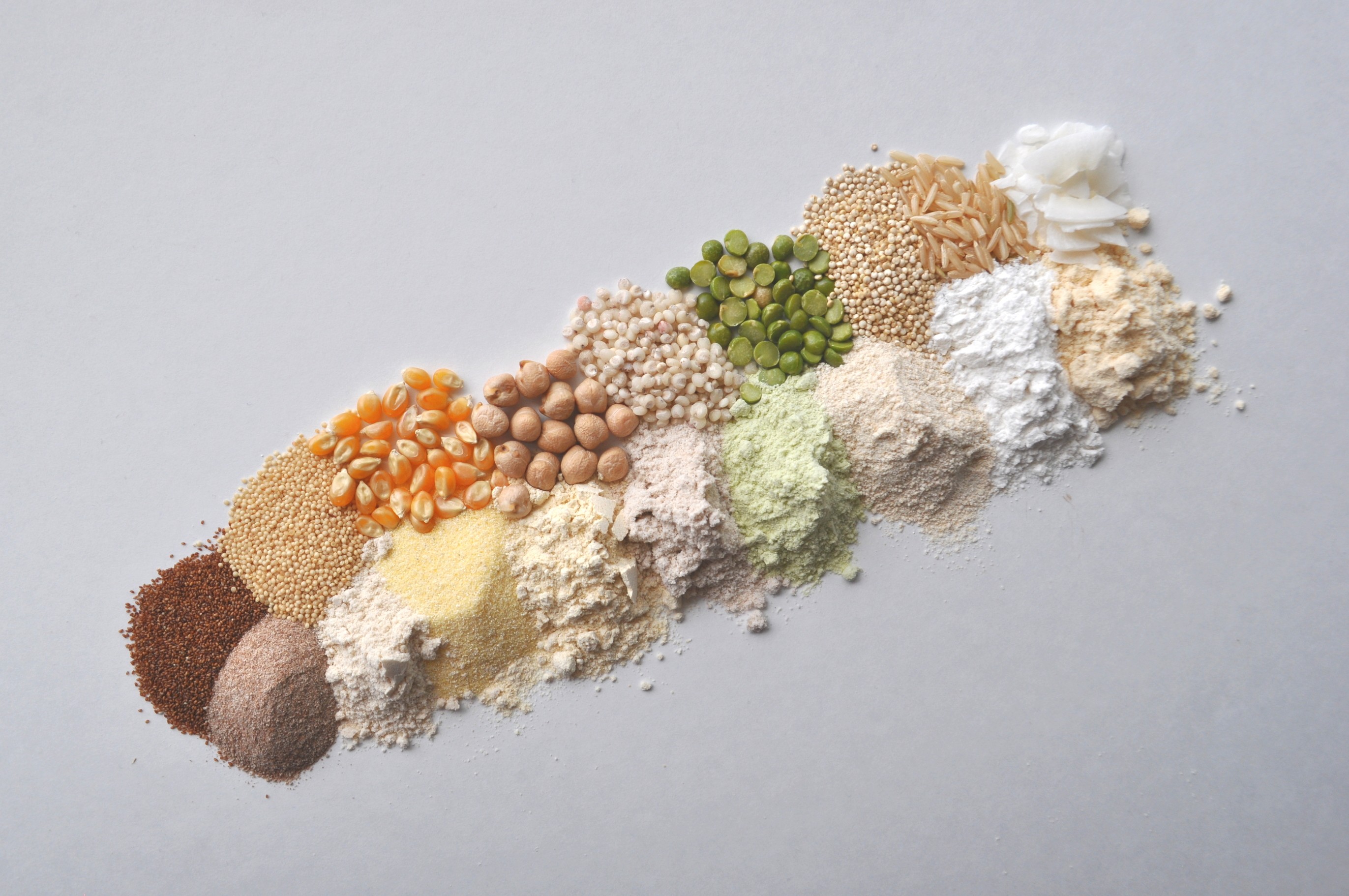Following a certain diet “just because” can lead to imbalances in nutrition and put you at risk for serious health challenges. While there are many benefits to a gluten-free lifestyle, it’s important to understand that it may not be for everyone and that there are important precautions to consider in ensuring that your gluten-free diet is a healthy one.
The Rise of Gluten-Free
Rice, almond, amaranth, millet, coconut, sorghum. Navigating the world of gluten-free alternatives can be confusing. Gluten-free diets have grown in popularity within the last ten years. Currently, gluten-free diets are the only treatment for people living with Celiac Disease, which accounts for around 1% of the population. The diet is also extremely helpful in easing symptoms for individuals with non-celiac gluten sensitivity, gastrointestinal distress, migraines and behavioral health issues.
In general, a gluten-free diet can help reduce inflammation, improve gut health, assist weight loss, and enhance your mood and energy.
Nutrient Deficiencies
However, after a series of reviews and clinical trials, researchers found that a gluten-free diet can create deficiencies in multiple key nutrients. The under consumed nutrients include:
- Vitamin D
- Vitamin B12, Folate
- Iron
- Magnesium
- Calcium
- Zinc
Gluten-Free Does Not Always Mean Healthy
It is important to remember that gluten free products are not all considered healthy. There are plenty of options for gluten-free products on the shelves, but many are loaded with sugar and calories or they lack fiber and essential vitamins and minerals.
For those who do have celiac, almost 50% are intolerant to casein – the protein found in milk. This is just another reason the ingredients in Gluten Free products still matter.
Suggestions for Adding Key Nutrients to the Diet
If you have gone gluten-free there is no need to panic! If you are on a gluten free diet, there are many whole foods options that are nutrient dense and taste great too. When starting a gluten-free diet, it is common to flock to processed products that are labeled as gluten-free. A better, more nutritious option would be to consume more whole foods, including legumes, lean meats, unrefined gluten-free grains, fruits and vegetables. For example, pepitas, peanuts and spinach are all good sources of magnesium. Apples, quinoa and pistachios all contain good sources of fiber. Vitamin D can be found in eggs, salmon and tuna. These foods are richer in the vitamins and minerals needed for optimal metabolism and overall health. In some instances and dependent upon each individuals’ health needs, supplementation may be needed in addition to whole foods strategies.
If you are unsure where to start, our Functional Medicine and Clinical Nutrition team can assist you in understanding the exact nutrients your body needs, as well as, what foods and physician grade supplementation can support your health. Click here to schedule a free consultation!









